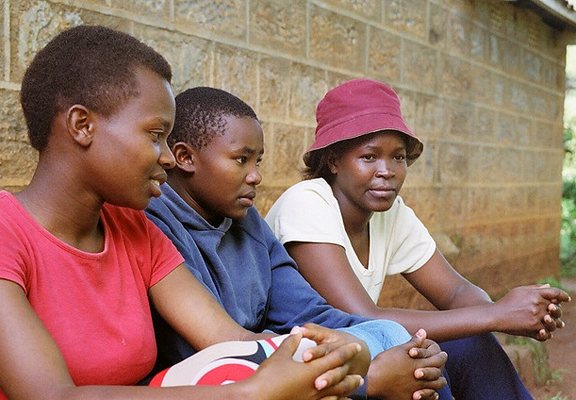
Recently a good friend who is returning again to East Africa after a period of about ten years asked me if she would be able to visit a Maasai village near one of their camps, as we had regularly done years ago.
The short answer is yes. There are these scam “villages” scattered all over East Africa near expensive foreign tourists camps and lodges. The long answer is much more troublesome.
It was natural that my friend would ask the question. I often took all my guests to a village in the earlier days. It became an essential part of the trip and introduced foreigners to some of the traditional lifestyles of early East Africans.
Somewhere down that long and winding path of my 47 years guiding safaris it hit me how unauthentic villages had become. Simultaneously, I realized how racist it was of visitors – and me – to so eagerly want to visit something so unauthentic.
Once it was authentic, years ago. The majesty of traditional peoples, especially the Maasai, was shown in all sorts of ways: Women could put up and dissemble a home (boma) faster than you assemble a prefabbed bookcase. Men could spear a marauding animal at 50 yards. And despite their primary need to protect their lifestock, they spoke almost poetically about the wildlife among which they lived.
In those days the Maasai were not unlike the wildebeest. They went wherever the rains took them. Rarely did a homestead (boma) last more than 3-4 months, because that was the cycle of rains and new grasses.
The bomas were clean, sanitary and the children were usually well fed and happy and did not have flies in their faces and snot dripping down their cheeks.
The pressure on traditional peoples was intense in the 1990s, as Africa began to rocket its development. The Maasai in particular had been pushed around unconscionably ever since Bernard Gzimek convinced Tanzanian parks to evict them from what is now the western corridor of the Serengeti.
He tried to do same at Ngorongoro, but they resisted there. Gun battles resulted in one of my friends, a one time greeter at Ngorongoro Sopa Lodge, losing his life.
Even today the unwarranted oppression continues on the Maasai. A huge movement including mass demonstrations and legal filings is attempting to enjoin the Tanzanian government from moving successful Maasai ranchers out of a huge swath of the northeast of the country. Why does the government want to do so? To give the land to Mideast princes as private hunting grounds.
Early visitors were fascinated with Maasai circumcision ceremonies. I have 32 slides of one I was invited to in 1973. Visitors were titillated when told that Maasai drink blood. In fact, all Nilotic peoples years ago mixed cow blood with milk to produce probably man’s most nutritious food as a yoghurt. It was an ingenious method for growing food in a desert: let the cows and goats nibble on the few weeds available.
For the most part Maasai don’t have these elaborate ceremonies any more or live traditional lives. I know of a few very distant places in East Africa where handfuls of such people might still exist, but they are very few and live in very remote areas.
Maasai boys spend Tsh. 2500/- at a hospital if they want to be circumcised. Cows aren’t farmed for their blood. A cow in Ngorongoro goes for upwards of $1200 today, roughly 2/3 the Tanzanian GDP per capita. Many Maasai are quite rich.
The Vice President of Kenya was Maasai. One of the CEOs of Kenya Airways is Maasai. One of Google’s continental vice presidents is Maasai. In 2017 I was inducted by Kenyan Maasai as the first white American to be made an honorary Maasai elder. I don’t drink blood. Neither do the real elders who inducted me.
Why racist? And how did I contribute to this for a while?
It came slowly and then hit me like a truck.
I was taking a group of my clients to a village in Samburu. As soon as we entered I noticed that several of the “reenactors” were waiters at the camp where we were staying. They winked at me. I winked at them.
The guests were taken through the tour which ended at the “blacksmith’s” station. There a wonderful kid I knew at the lodge had donned traditional garb and was having a dickens of a time trying to start a fire rubbing sticks together.
He looked up at me and said in Swahili, “A long, long time ago, we used matches.”
I didn’t laugh. I suddenly realized what a mess I was making not only of Maasai but of all the many issues associated with Maasai repression and their attempts to break out of it.
I realized that visitors, at the time egged on by me, were titillated at the repulsive ideas of being dirty and sick and drinking blood. The particular village visit where my epiphany occurred was actually pretty sanitized. As a “living village” it wasn’t bad, and I convinced all of them later to promote it as such: no longer actually being used, rather as a historical remembrance.
Meanwhile many other so-called villages stagnated and even increased, growing more putrid and letting more kids get sick, because this drew visitors! The price went up in the 2000s from $10 per visitor to $20.
Those fake villages don’t move, so obviously sanitation is horrible. The price brought in by tourists amounts to much more over a few years than the potential a kid might get from going to school, so the kids are kept out of school!
Admittedly, many Maasai and other formerly traditional peoples are today caught in a bind: either in the horrendous slums of the great cities or because they’re land-poor. They can’t move easily either geographically or vocationally into the modern world.
That’s a very serious problem and one that modern East Africans grapple with daily, very much like Americans grapple with Appalachians or RV retirees without pensions clogging KOA parks. These are serious problems, but their possible remedies aren’t helped an iota by visitors thinking that this is how they want to be.
Times change, I had to tell myself. Yes in the early 1970s when Kathleen and I first came to East Africa there were many traditional peoples, proud and happy and successful. Not today. They are as mired in the political and social difficulties of globalization as any visitor. And they want to master coding and global economics and how to sell short just like you do.
Refusing to see this is racist. Refusing to understand that the poverty that widely exists in East Africa has anything to do with anything but the world’s unfair economic system is racist.
So my friend returning to East Africa, first my apologies for having probably encouraged your village visits long after I shouldn’t have. And second, visit a school, visit a town on legitimate interactions organized by reputable places like Gibb’s Farm. Visit a slum in a city by reputable tour companies showing how remarkably clean they can be despite the horrendous poverty and how smart and hopeful the people living in them are.
But don’t as I did try to make the future the past, just because it’s more complicated and unpleasant than we might want to admit.
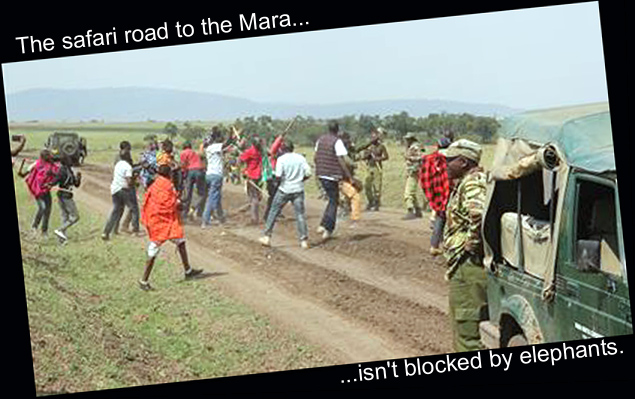 The revolutionary fervor seeping from Hong Kong to Argentina to Mexico has infected Kenya’s most important tourist area, the Maasai Mara.
The revolutionary fervor seeping from Hong Kong to Argentina to Mexico has infected Kenya’s most important tourist area, the Maasai Mara.
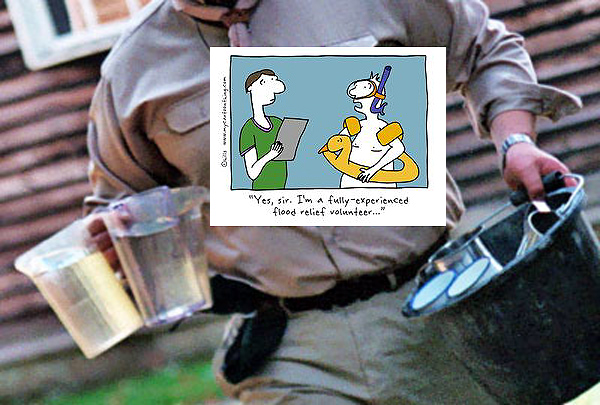 Making a surprise appearance last week in London, Harry Potter author J.K. Rawlings appealed to young delegates at the One World
Making a surprise appearance last week in London, Harry Potter author J.K. Rawlings appealed to young delegates at the One World 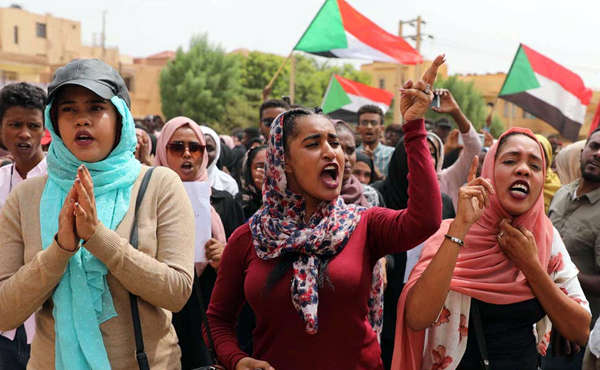 A few days ago in New York I sat down with someone deeply involved in The Sudan’s American diaspora, and I was stopped in my tracks when he affirmed with facile certainty that the diaspora thinks the current revolution will succeed.
A few days ago in New York I sat down with someone deeply involved in The Sudan’s American diaspora, and I was stopped in my tracks when he affirmed with facile certainty that the diaspora thinks the current revolution will succeed.
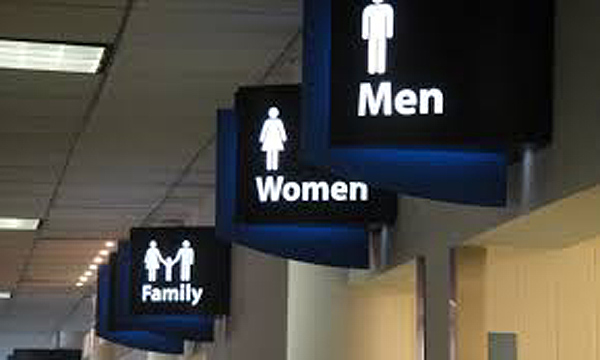 Years ago when I first guided safaris one of the concerns potential travelers had – before and after their trip! – were the … bathrooms.
Years ago when I first guided safaris one of the concerns potential travelers had – before and after their trip! – were the … bathrooms.
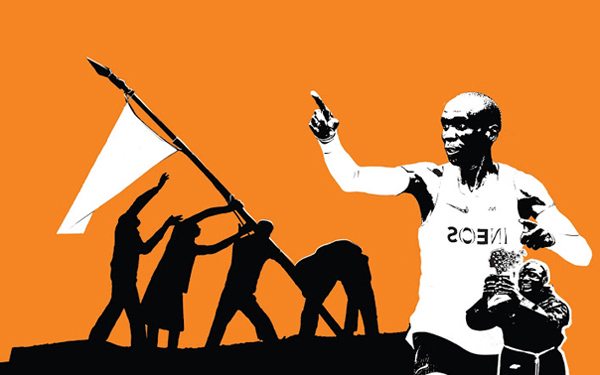 Who are your heroes? It’s an important question, particularly now when the world seems totally forsaken.
Who are your heroes? It’s an important question, particularly now when the world seems totally forsaken.
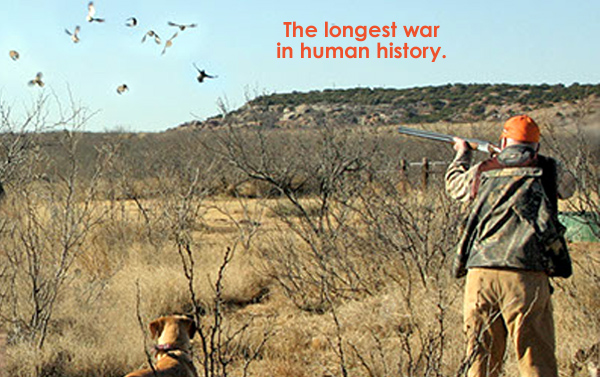
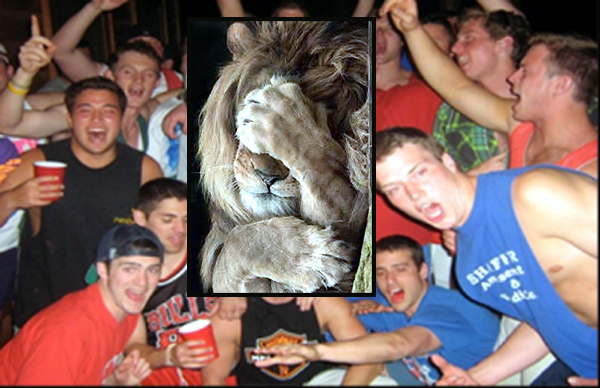 What actually did the scientists at Oxford University tell us last week about the catastrophic decline in lion populations?
What actually did the scientists at Oxford University tell us last week about the catastrophic decline in lion populations?
 Women – not other genders, races or ideologues – will determine the world’s upcoming contentious elections. Women is the only voting demographic universally conceded as being oppressed. Oppressors in power argue that’s the way it should be. So there’s no rationalization in between; arguments won’t sequester into “Fake News.”
Women – not other genders, races or ideologues – will determine the world’s upcoming contentious elections. Women is the only voting demographic universally conceded as being oppressed. Oppressors in power argue that’s the way it should be. So there’s no rationalization in between; arguments won’t sequester into “Fake News.”
 The whole world is watching. It wasn’t 35 years ago when Kenya’s President decided he would visit a part of the country that told him not to come. Suddenly, I was a part of that.
The whole world is watching. It wasn’t 35 years ago when Kenya’s President decided he would visit a part of the country that told him not to come. Suddenly, I was a part of that.
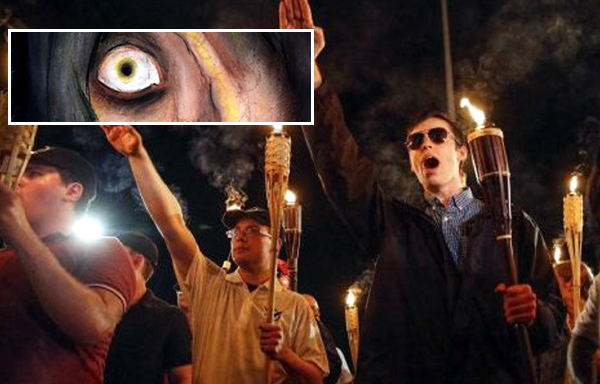 I was in Nairobi walking the streets with three hundred dollars of cold cash squished deeply into my cargo pants pocket. It was 1994. I knew Nairobi well but the street I was now walking, not so well.
I was in Nairobi walking the streets with three hundred dollars of cold cash squished deeply into my cargo pants pocket. It was 1994. I knew Nairobi well but the street I was now walking, not so well.
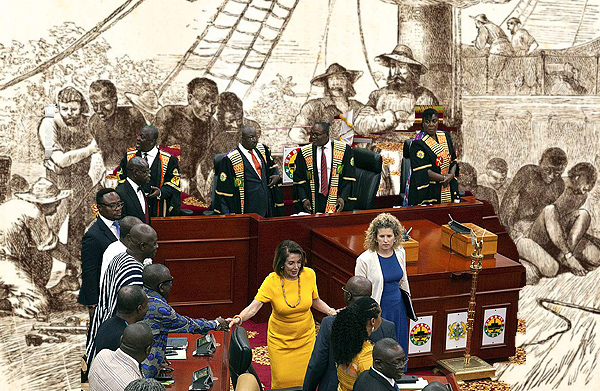 Twelve black American Congresspeople and two white ones led by Nancy Pelosi addressed the Ghanaian parliament yesterday. “We know our forebears did the abominable to you but we must also bear in mind that there is nothing we can do about what happened in the past.”
Twelve black American Congresspeople and two white ones led by Nancy Pelosi addressed the Ghanaian parliament yesterday. “We know our forebears did the abominable to you but we must also bear in mind that there is nothing we can do about what happened in the past.”
 Four years after the moon launch, 46 years ago, Kathleen and I were teaching at a very remote boys boarding school in Kenya. I had the brilliant idea of showing the 400 students a movie about the space launch.
Four years after the moon launch, 46 years ago, Kathleen and I were teaching at a very remote boys boarding school in Kenya. I had the brilliant idea of showing the 400 students a movie about the space launch.
 Recently a good friend who is returning again to East Africa after a period of about ten years asked me if she would be able to visit a Maasai village near one of their camps, as we had regularly done years ago.
Recently a good friend who is returning again to East Africa after a period of about ten years asked me if she would be able to visit a Maasai village near one of their camps, as we had regularly done years ago.
 It’s not easy being an American in Africa, today.
It’s not easy being an American in Africa, today.
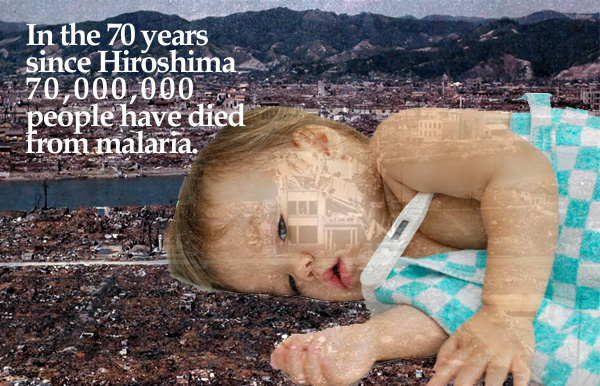 A breakthrough in eradicating the world’s worst and most onerous disease has set the scientific and conservation worlds into a maddened dither. Why on earth is everyone so concerned that the disease we’ve been fighting for centuries might at last found its master?
A breakthrough in eradicating the world’s worst and most onerous disease has set the scientific and conservation worlds into a maddened dither. Why on earth is everyone so concerned that the disease we’ve been fighting for centuries might at last found its master?